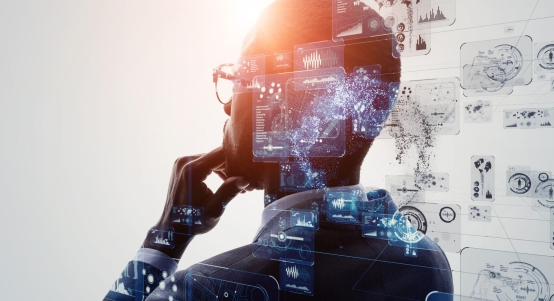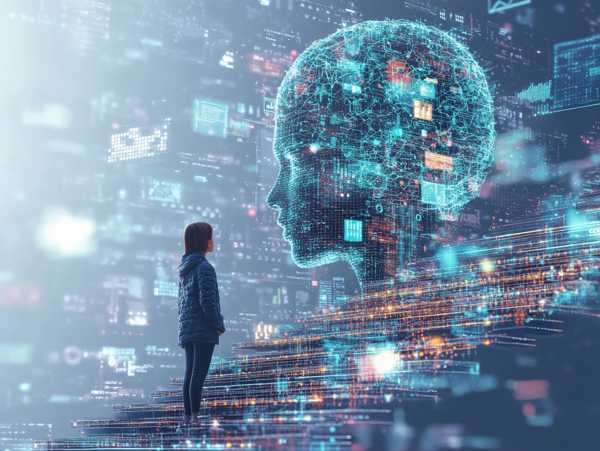The Future of Work: How Robotics and AI Are Powering Automation
Robotics and artificial intelligence are no longer futuristic concepts—they're actively reshaping how we work. From boosting operational efficiency to redefining job responsibilities, these technologies play a pivotal role in the evolution of modern business. As more organizations turn to automation to maintain competitiveness, understanding the impact of Robotics and AI on today’s workplace is more important than ever.
Robotics and artificial intelligence are no longer futuristic concepts—they're actively reshaping how we work. From boosting operational efficiency to redefining job responsibilities, these technologies play a pivotal role in the evolution of modern business. As more organizations turn to automation to maintain competitiveness, understanding the impact of Robotics and AI on today’s workplace is more important than ever.

Revolutionizing Workspaces with Robotics
In industries such as logistics, healthcare, and manufacturing, robots are now handling tasks that are repetitive or require high precision. Their use reduces human error while allowing employees to shift their focus to strategic and creative endeavors. Robotic systems enhance productivity, improve workplace safety, and redefine what a traditional work environment looks like.
AI’s Expanding Role in Modern Enterprises
Artificial intelligence excels at analyzing data, identifying trends, and supporting complex decision-making. From virtual assistants offering instant support to predictive models improving efficiency, AI saves time and cuts costs. It has become vital for delivering personalized customer interactions, data-driven strategies, and streamlined operations.
Preparing the Workforce for a Tech-Led Future
As automation becomes widespread, workers must adapt by learning new digital competencies. Skills like machine interfacing, data analysis, and problem-solving are now essential. Companies that invest in upskilling their employees tend to see greater retention, improved morale, and accelerated innovation.
Navigating Automation and Job Security
Automation naturally raises concerns about job loss. However, it also opens up new opportunities—positions in AI system oversight, robotic upkeep, and data monitoring are growing. Governments and private sectors need to collaborate to create training pathways and support mechanisms for those affected by technological shifts.
Ethical Considerations in Tech Deployment
With automation come significant ethical challenges—issues such as bias in AI algorithms or improper data handling must be addressed. Ethical tech use depends on principles like accountability, fairness, and transparency. Businesses must implement frameworks that ensure automation complements rather than compromises human roles.
The Hybrid Future: People and Machines Working Together
The organizations best equipped for the future will be those that combine human insight with machine capabilities. AI-driven tools will enhance communication, remote collaboration, and tailored career growth. By embracing these advancements, companies can create resilient, forward-thinking workplaces.











